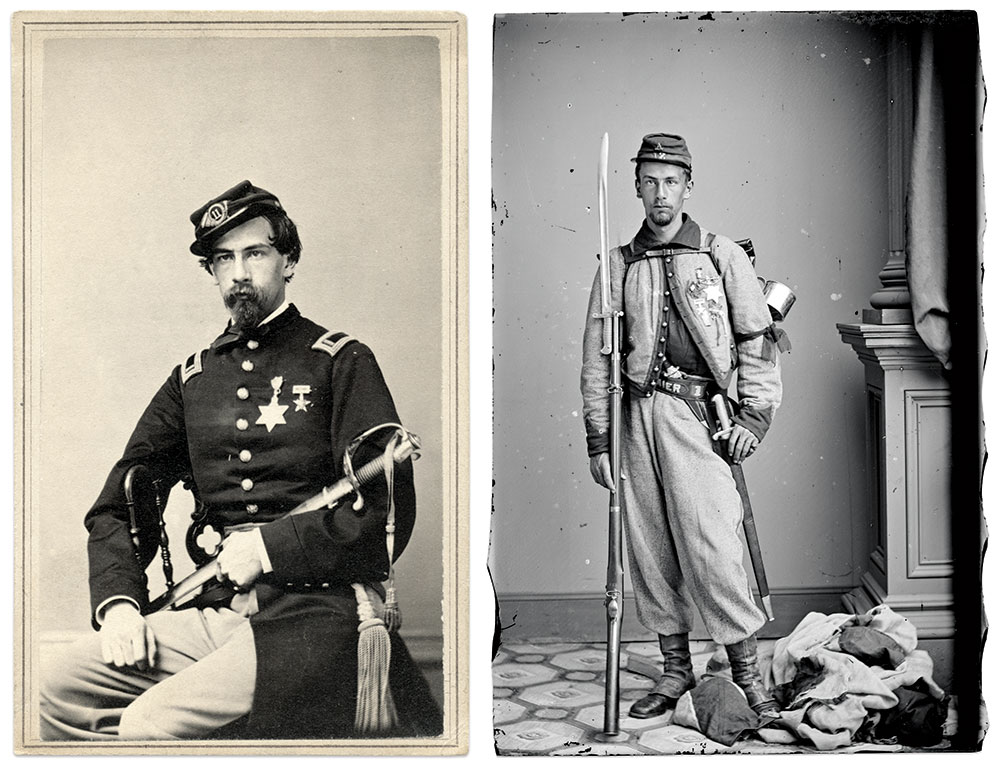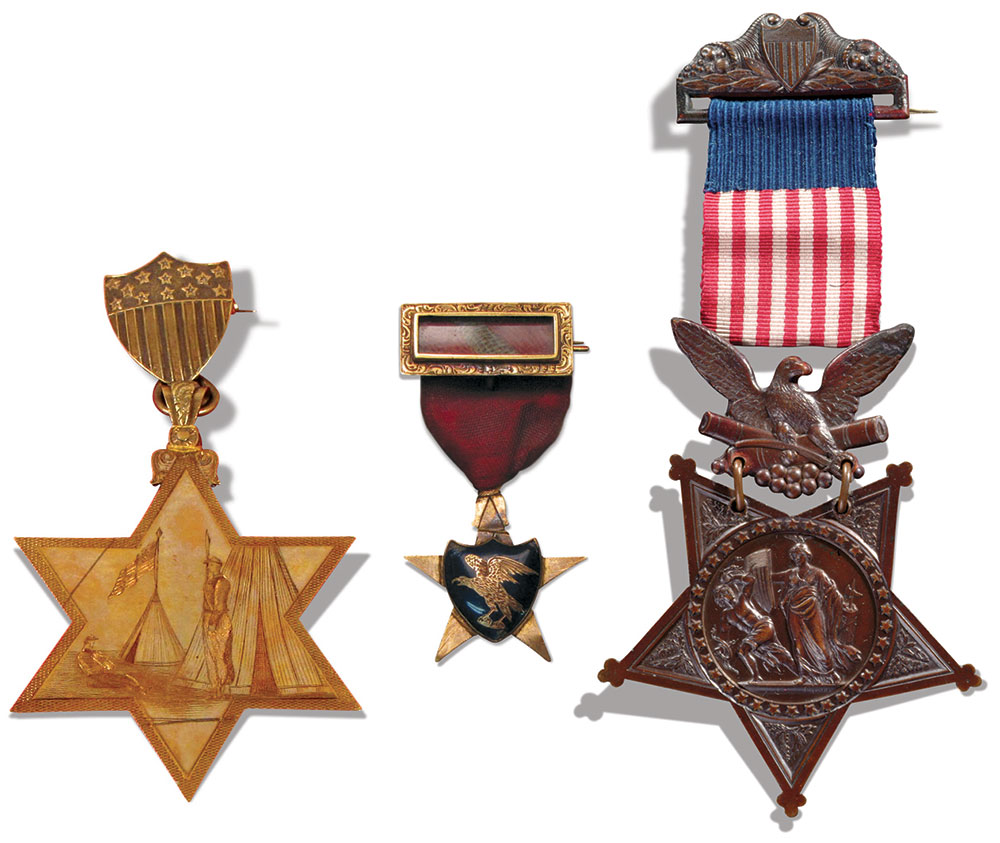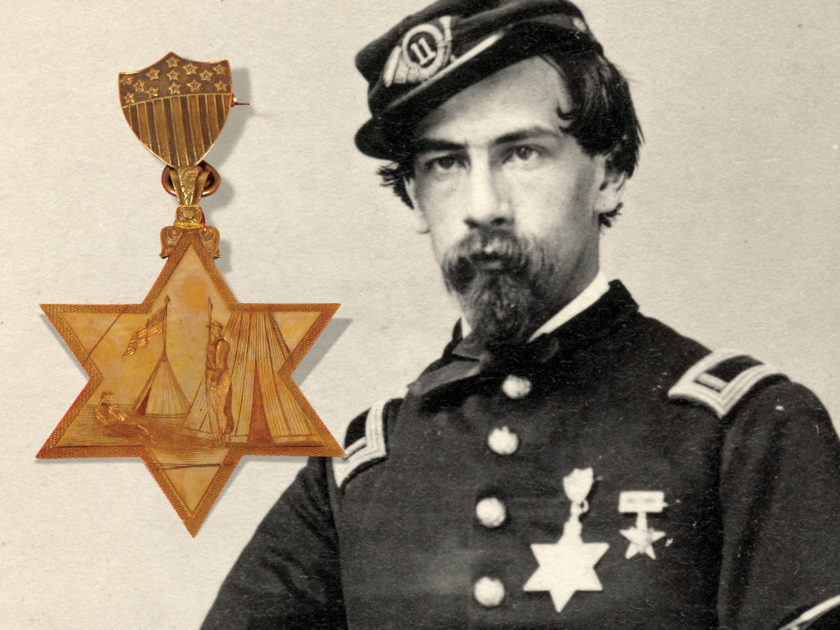On May 24, 1861, Ephraim D. Ellsworth, 52, happened to be in the telegraph office in Mechanicsville, N.Y., when a shocking message came across the wires. The operator wept openly, then pulled himself together and shared the news: Ellsworth’s son, Elmer, had been shot and killed after pulling down a Confederate flag from the roof of the Marshall House tavern in Alexandria, Va. The charismatic leader of the U.S. Zouave Cadets and colonel of the 11th New York Infantry was no more.
Ellsworth broke down, inconsolable in his grief.
Meanwhile, in Troy, N.Y., another father, Charles Brownell, received a startling telegram: “Father—Colonel Ellsworth was shot dead this morning. I killed his murderer. Frank.”

Francis Edwin “Frank” Brownell, 20, served in the ranks of Company A of Col. Ellsworth’s regiment. He belonged to the detachment that entered the Marshall House to take down the flag. After the proprietor, James Jackson, fired a shotgun blast into Ellsworth’s chest, Brownell reacted instinctively and ended Jackson’s life with a musket ball.
In death, Ellsworth’s memory ignited a tidal wave of patriotism across the Northern states. His name became the subject of story and song, and a rallying cry to arms.
In life, Brownell’s act earned him the nom de guerre “Avenger of Ellsworth.” The nation celebrated his righteous act of retribution. Like the martyred Ellsworth, Brownell’s name appeared in music and literary writings. A rapid series of promotions elevated him in rank to first lieutenant. Perhaps the greatest honor came from his fellow townspeople in Troy, who presented him with a medal memorializing his status.

The medal, a six-pointed star crafted in gold, is engraved with a scene picturing a sentry at attention in front of a tent, protecting an officer seated in front of another tent with the Stars and Stripes floating above it. The star is attached to a small Union shield with a pin back.
Brownell wore this golden badge of courage, pinned to his collar or chest, for the rest of his life. In 1877, he received another badge, the Medal of Honor, for gallantry and heroism on that May day in 1861.
Brownell lived in Washington for some years, where he worked as a clerk in the Pension Bureau. He died in the capital city in 1894.
SPREAD THE WORD: We encourage you to share this story on social media and elsewhere to educate and raise awareness. If you wish to use any image on this page for another purpose, please request permission.
LEARN MORE about Military Images, America’s only magazine dedicated to showcasing, interpreting and preserving Civil War portrait photography.
VISIT OUR STORE to subscribe, renew a subscription, and more.

